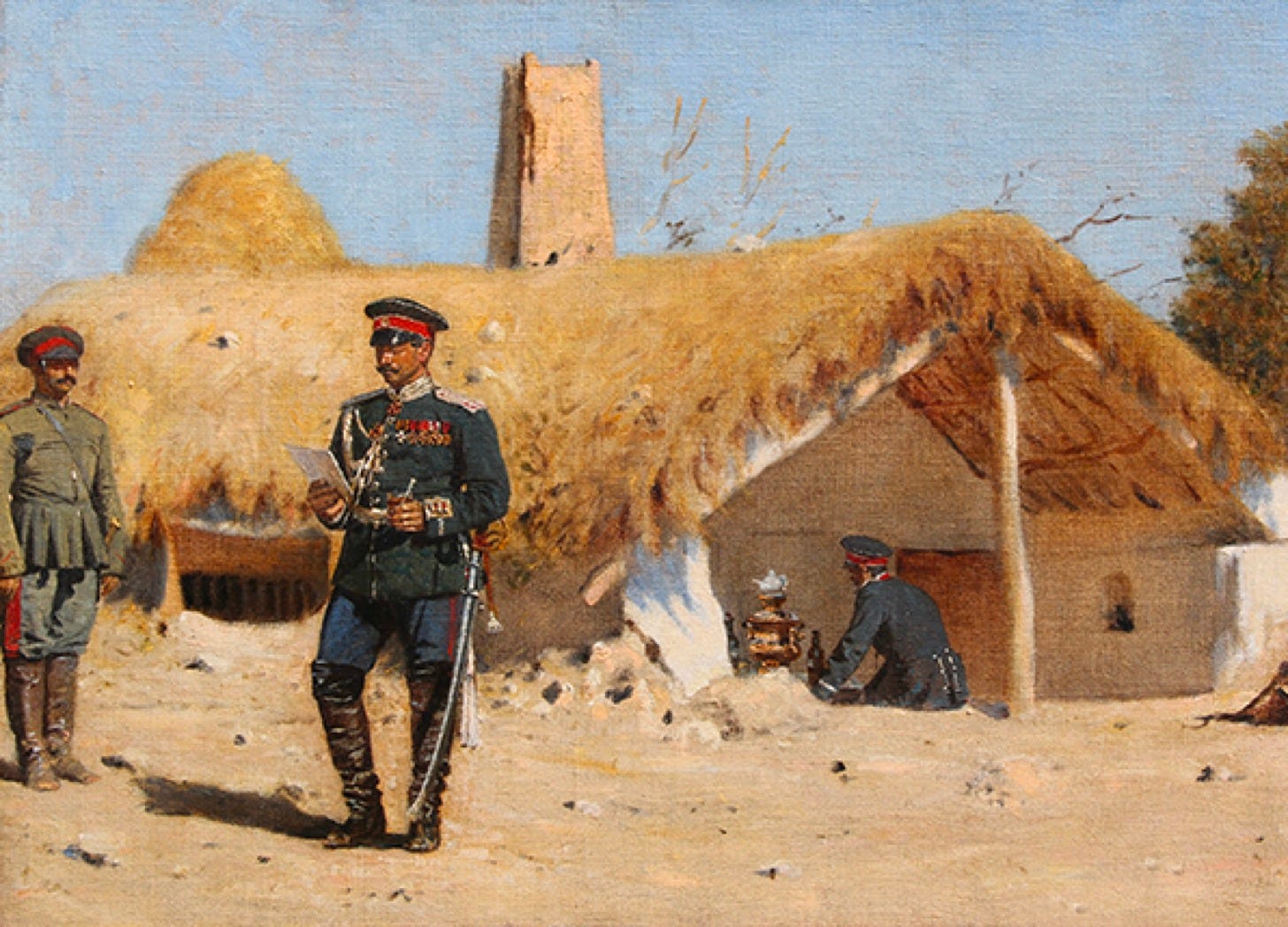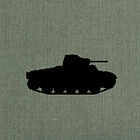The Right Man in the Right Place
Armored Troops Newsletter
Total war has caused manpower shortages, not only in the civilian sector, but also in the armed forces.
One must therefore be clear on one point, that getting the same degree of work as before despite shortages will only be achieved if the personnel decisions within the respective areas of responsibility of all leaders are inspired by the principle: “The right man in the right place.”
It is shocking, though repeatedly observed, that company commanders of the field and replacement armies, who alone are responsible for their personnel, fail, through lack of knowledge or sense of responsibility, to lead according to this principle. Personnel assignments are not to be relegated to the First Sergeant (Hauptfeldwebel) but are the job of the Company Commander!
Each Company Commander is responsible for the training (Ausbildung), education (Erziehung), and spirit (Geist) of his unit. If he succeeds in putting each man in his proper place, not only will the enthusiasm for duty (Dienstfreude), but also the willingness [of the individual] to act as part of a team be in creased. This decisively influences the esprit de corps and accomplishments, and through them the combat power of the unit. Achieving this requires that each leader must take pains to obtain a clear picture of his outlook, background, and personal circumstances of the men entrusted to him. This includes examining personal papers (service record book, training certificates, health records, and fitness reports).
The personal impressions and the knowledge of personal records give the company commander a clear picture of the most practical ways to use the men entrusted to him. For the maintenance of combat power of our units, this work is especially important of the leaders of training and replacement units of armored troops, the branch of service with the most specialists and junior leaders.
With this in mind, every officer is charged with the duty of encouraging every soldier who shows himself capable of higher employment.
The leaders of training and replacement units of the armored troops carry the greatest responsibility for choosing specialists and junior leader candidates.
The great extent of training and the short ness of time available for it requires that, when it comes to choosing recruits for specialist and junior leader training, the leaders of training units place greater emphasis than before on previous vocational education and character, moral, and physical qualities.
It is indicative of the irresponsibility of a company commander when, for example, an accomplished tractor driver, who looks back with great pride on eleven years of work (which included making his own repairs) is, after being transferred to an anti-tank training and replacement battalion, is trained as an artillery range finder and sent as such into the field.
In addition, it is the task of replacement unit leaders to find, from among their NCOs and men, those whose personal characteristics indicate that after additional training in their branch as specialists, NCO candidates, or officer candidates, they will be able to serve in an exemplary fashion, at home or at the front, in a higher capacity.
All those soldiers who through wounds, sickness or physical injury are completely or partially prevented from active service at the front are worthy of continued trust. Misemployment leads to the feeling that these are no longer considered to be full fledged soldiers. This, in turn, leads, especially with men who were once ready for action and motivated to do their duty, to an apathy which destroys spirit and soul like a sharp poison.
Here is a place for the attention of officers, which will not only increase, to an often unexpected degree, the enthusiasm for duty and the self-reliance of the soldier, but also increase their trust in the officer corps as a whole.
The task of field units is this - to employ replacements in accordance with their training. More and more messages are reaching the General Inspector of Armored Troops that report that even in field units, decisions are being made in contradiction to the principle: “The right man in the right place.”
So, for example, a replacement who had been trained as a driver and radio operator for an eight wheeled armored reconnaissance car was sent to an anti-tank unit [which had none of these vehicles] and used as a truck driver.
All those concerned with personnel have to look out for the interests of the front by ensuring that in the future all such cases are avoided.
We cannot, in the fifth year of war, tolerate the disorderly employment of valuable specialists who are needed in other places for battle-deciding work.
It is the duty of all commanders of armored troops, in the interest of the general situation, to combat mistakes of this nature and with all means at their disposal to bring attention to the order of the hour, The right man in the right place.
Source: This article is a verbatim translation of ”A Word to All Unit Leaders and Commanders of Armored Troops," Nachrichtenblatt der Panzertruppen [Armored Forces Newsletter], Number 8, February, 1944.





